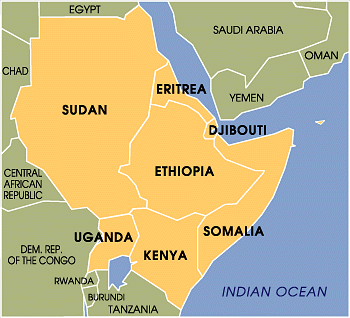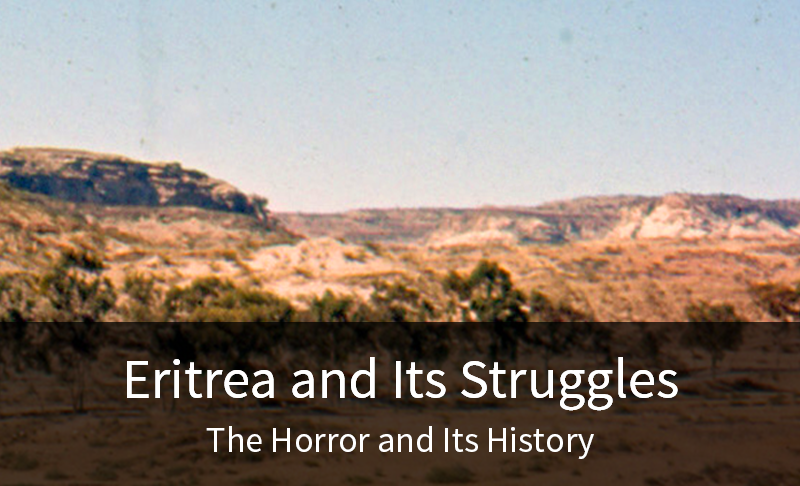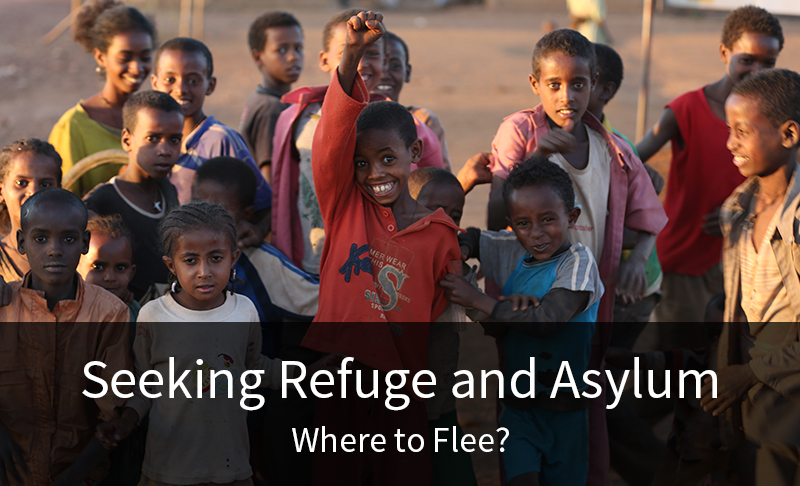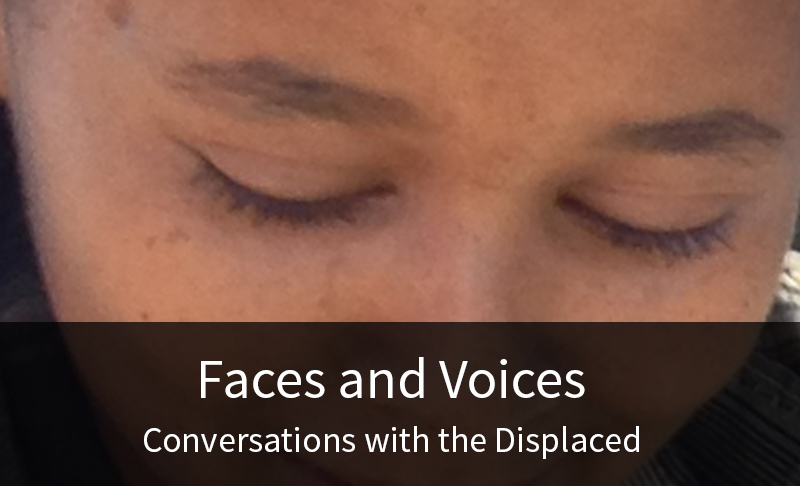A Country of Strength, Sadness and Beauty
Eritrea and its Struggles
A Country of Strength, Sadness and Beauty

Eritrea is a country on the Red Sea in the Horn of Africa. It borders Ethiopia, Sudan and Djibouti. It is close to Egypt, Israel, Yemen, Saudi Arabia, and Somalia. Its population of around 4,000,000 is part Christian and part Muslim. It has temperate highlands and broiling deserts. It is here through which prehistoric man migrated from Africa to Europe. Today Eritrea is drought-prone and is one of the poorest countries in the world.
Eritrea is also considered to have one of the world’s most repressive governments. The country is tightly sealed and largely impenetrable by outsiders: independent journalism, foreign NGOs, freedom of speech, and oppositionist parties are banned, while brutal military conscription, political imprisonment, torture and death from abuse are widespread. As a consequence, hundreds of thousands of refugees have fled the country in recent years.
Yet Eritrea is home to a rich cultural heritage, with spectacular scenery and historically peaceable and tolerant traditions. And its emigrés have typically acculturated well in developed countries such as the United States and Western Europe, bringing their moderate temperament, their industrious outlook, and their aptitude for Western-style education with them as they embark on making new homes. Indeed many had enjoyed advanced educations and substantial careers before fleeing their native land, and those capabilities have accompanied them here.



